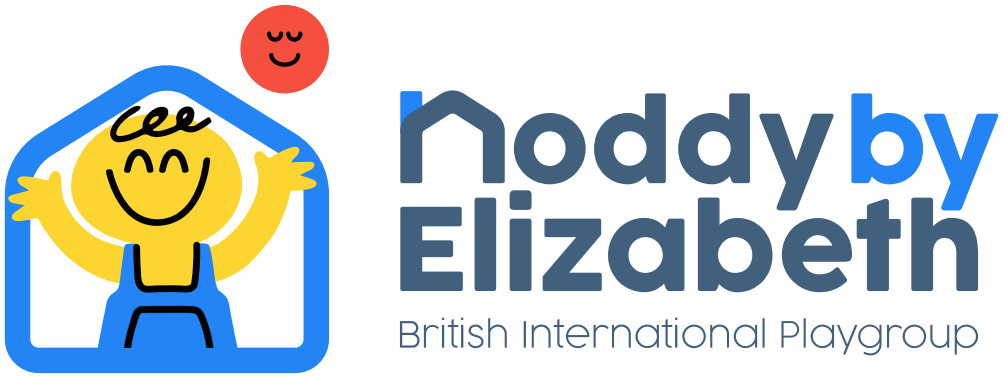Are you embarking on the phonics adventure at home with your little ones? Buckle up for a ride filled with laughter, discovery, and the magic of words! Teaching phonics doesn’t have to be a serious academic feat; it can be a joyous experience for kindergarten-age children that sets the stage for a lifelong love of reading.

Phonics is not just about memorising letters; it’s a dynamic approach that helps children understand the patterns and structures of language. In British education, phonics is widely embraced as an effective method to empower young learners in decoding words and, ultimately, fostering a love for reading. At our British kindergarten in Sathorn, we base our reading curriculum around the concepts of phonics.
Teaching your kindergarten-age children phonics gives them a head-start in their school journey and shows them reading can open up new and exciting worlds. It also gives you a first-hand look at your child’s progress in school.
Let’s Play with Phonemes
Phonemes are the smallest sound units in words, and mastering them is the first step in phonics. Begin by helping your child recognise and distinguish sounds. Engage in activities that involve identifying sounds in everyday life – the rustling leaves, a chirping bird, or the ticking clock. Play sound games to make this initial phase enjoyable, creating a solid foundation for future phonics learning.
Introduce Letters and Sounds
Once your child has established phonemic awareness, move on to introducing letters and their corresponding sounds. Begin with the alphabet, emphasising the individual sounds each letter makes. Use interactive methods like alphabet songs, flashcards, and tactile activities to make learning letters a multisensory experience. This step sets the stage for connecting sounds to written symbols, a crucial skill for reading.
Build Words
As your child becomes comfortable with individual sounds and letters, progress to blending them to form simple words. Employ phonics games and activities that involve creating and decoding basic words. This stage is pivotal in transitioning from isolated sounds to understanding the relationships between letters and their combined sounds, which will prepare them for more complex reading tasks.
Help Your Child Decode New Words
Expand your child’s phonics skills by introducing strategies for decoding unfamiliar words. Teach them to break down words into syllables, recognise prefixes and suffixes, and apply phonics rules. Utilise word families and rhyming activities to reinforce patterns, enabling your child to confidently approach new words with the tools they need to decode and understand them.

Instill a Love of Reading
Beyond decoding skills, the ultimate goal of phonics is to cultivate a genuine love for reading. Share enjoyable stories, engage in reading sessions together, and visit bookshops or the library regularly to find their favourite stories. Make reading a cherished activity that goes beyond learning – a time of bonding, exploration and imagination. This positive association with reading will enhance your child’s literacy skills and create a lifelong love for books.
Keep your home phonics lessons upbeat and fun. If you notice them becoming frustrated or bored with the topic you’re covering, take a snack break or move on to another topic. This will ensure your phonics lessons are something they’ll always look forward to.
Reaching Higher Levels
As your child progresses, consider teaching them more advanced phonics concepts. Explore vowel teams, diphthongs, and consonant blends to enhance their ability to tackle more complex words. Incorporate spelling rules and irregular terms into your lessons, providing a well-rounded phonics education that prepares your child for diverse reading challenges.
While foundational phonics can begin in preschool and kindergarten, the introduction of advanced concepts should align with your child’s readiness and interest. Watch for signs of eagerness and a solid grasp of basic phonics before delving into more intricate aspects. Tailor the pace of learning to your child’s individual needs, ensuring a gradual and enjoyable progression.
Noddy by Elizabeth Playgroup
Our preschool and kindergarten playgroup in Bangkok offers a nurturing environment that complements the phonics-based teaching approach, fostering a love of learning for young children.
Schedule a meeting and tour our international playgroup to discover how Noddy by Elizabeth can provide the ideal foundation for your child’s academic success and holistic development. Your child’s happy and bright future starts with the right attitudes towards learning.
